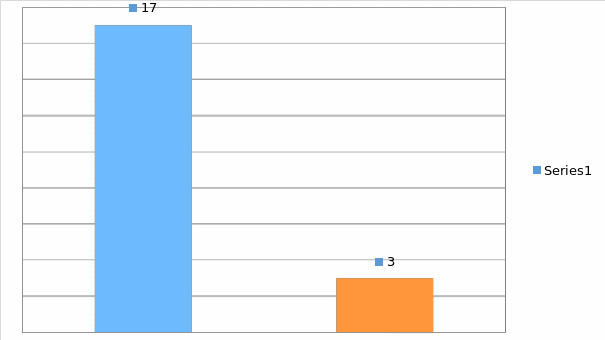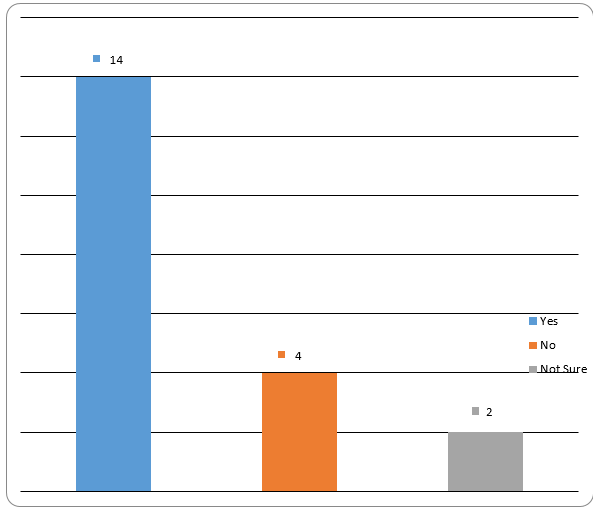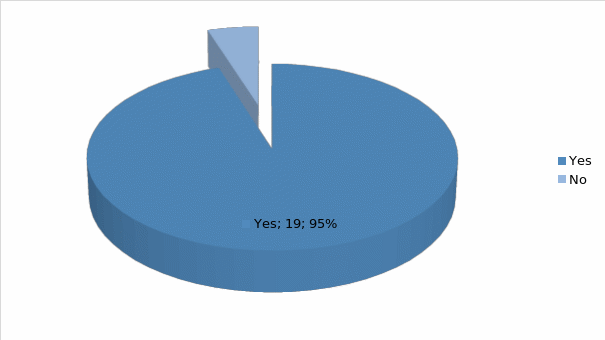Introduction
Psychologists and researchers have argued that an individual can develop stress based on the type of food that is taken. The rationale for this topic is to investigate the truth behind this claim. It is necessary to determine if it is true that the type of food that one eats may lead to stress. The two variables that are used in this study are stress and eating. Eating is the independent variable that naturally takes place in one’s life.
Stress is the dependent variable that is triggered by the type or quality of food taken. Scholars have argued that although there are other causes of stress such as the social environmental factors, food can be one of the most common factors that may cause stress. Some of the effects of such health complications include stress. The purpose of this study is to investigate this claim and come up with an explanation on the relationship between stress and food. The researcher hopes to come up with a comprehensive explanation of any possible relationship that exists between the two variables, and eliminate any misconceptions that exist when defining the relationship of the variables.
Literature Review
Researchers have been interested in analyzing the relationship between stress and food. It is important to start by defining the two variables used in this study. According to Taylor (2005), stress is an emotional feeling of deep and prolonged sadness that may be directly associated with physical harm, biological problems, or social stressors. Mosier (2011) defines food as a substance that is eaten in order eliminates hunger and provides nutrients to the body.
Scholars have developed theories related to the two variables in different contexts. Behavioral and cognitive theories are closely related to stress. On the other hand, food has a number of theories, some of which have not been scientifically proven. The theory that organic foods are healthier as opposed to genetically modified foods is very common. There is another theory which claims that an individual’s blood type predicts how one should eat (Daniel & Yun, 2007). Most of these theories about food have not been scientifically proven, while others have raised massive controversies in the society. For instance, the issue about the genetically modified foods being unhealthy to the body still remains a controversial debate that is yet to be proven.
The major studies that the researcher used in the literature review were specifically focused on factors that contribute to stress. Studies about different types of food and their effect to the body and mind were considered useful. The researcher also analyzed literatures that directly linked food and stress. However, these studies had some limitations. Only a few of them discussed the direct relationship between stress and food. Most of them did not relate these two variables. Those that related the variables were either shallow in their arguments, or had unconfirmed theories. This complicated the process of using them in this study. The research by Thaker and Barton (2012), which was conducted in the context of the diet in United Arab Emirates, indicates that some of the popular foods in the Arab society, especially the red meat, may have serious health consequences on an individual.
The findings from the literatures reveal that there is a link between stress and food that one takes. The relationship may be directly felt, such as when one develops a bloated stomach, or have indirect impacts that may take years to manifest. In conclusion, it is clear that when an individual plans to manage stress, one of the factors that should not be ignored is the type of food taken. The following hypotheses were developed based on the findings from the review of the literatures.
- H1. There is a close relationship between food and stress
- H2. Food may directly cause stress when taken in excess quantities
- H3. Some types of food may cause diseases if taken for a long time which may cause stress to the affected individual
The researcher seeks to confirm the above hypotheses by collecting and analyzing the primary data from the field.
Method
Methodology is one of the most important stages in a research process. Choosing an appropriate research strategy does not only make the process of data collection simpler, but also helps in ensuring that the research is of high quality. In this research there were 20 participants. 10 were male while the other 10 were female participants. They were aged between 20-40 years. Data was collected using a survey method. The researcher used questionnaires to collect data from the respondents. All the participants were given questionnaires to fill. The questionnaires had closed and open-ended questions. This approach was considered appropriate because of the limited time available to collect the data, and the busy schedule of the participants.
Reliability and validity
The data collected is highly reliable because of the measures taken by the researcher to eliminate any form of biasness when sampling the participants. The information was collected within the United Arab Emirates, which means that its validity was proven within the local context. The procedure used involved the distribution of the questionnaires to the participants who were expected to respond to the questions. The questionnaires were then retrieved from the participants by the researcher. Analysis of the collected data was done quantitatively using simple mathematical tools.
Results
The results that were obtained from the primary sources of data were analyzed mathematically and below are some of the findings based on the three hypotheses.

The results obtained from the respondents clearly show that there is a close relationship between food and stress. 17 out of 20 participants strongly believed that food and stress have some form of relationship. Only 3 of the 20 participants had a contrary opinion. This confirmed the first hypothesis.

The majority of the participants, 14 out of 20, felt that food may cause stress directly when taken in excess. Four of the participants had a contrary opinion while 2 were not sure. Basing the argument on the view of the majority, it can be argued that excessive intake of food may lead to direct stress which comes as a result of complications in the stomach. This confirmed the second hypothesis.

Finally, the third hypothesis was confirmed by 19 out of the 20 participants who felt that prolonged intake of some foods may cause diseases to which may result into stress. Only one participant had a contrary opinion.
Discussion
From the above primary and secondary data, it is clear that food may cause stress to an individual either directly or indirectly. For instance, when one takes excessive food, there will be discomfort in the stomach which would lead to stress. It is also a fact that some types of food may contain high levels of cholesterol. In the United Arab Emirates, red meat is common, and this food has high level of cholesterol. Continued intake of such types of meal may cause some illnesses that may make an individual to feel stressed.
Limitations
This research paper had a number of limitations. The first limitation was that the time available for the research was limited. The primary data for the research was also limited to the country, making it difficult to generalize the information to the entire world population.
Implications
This study is expected to impact on the eating habits among the residents of the United Arab Emirates. They should avoid foods that may lead to any bodily harm.
References
Daniel, S., & Yun, J. (2007). Low-stress food. Palo Alto: Palo Alto Institute. Web.
Mosier, H. (2011). Stress less, weigh less: Follow Holly to increase energy, eat the food you love, and enjoy and ageless body. Austin: Greenleaf Book Group Press. Web.
Taylor, S. L. (2005). Advances in food and nutrition research: Volume 49. Amsterdam: Elsevier. Web.
Thaker, A., & Barton, A. (2012). Multicultural handbook of food, nutrition and dietetics. Chichester, West Sussex: Wiley-Blackwell. Web.